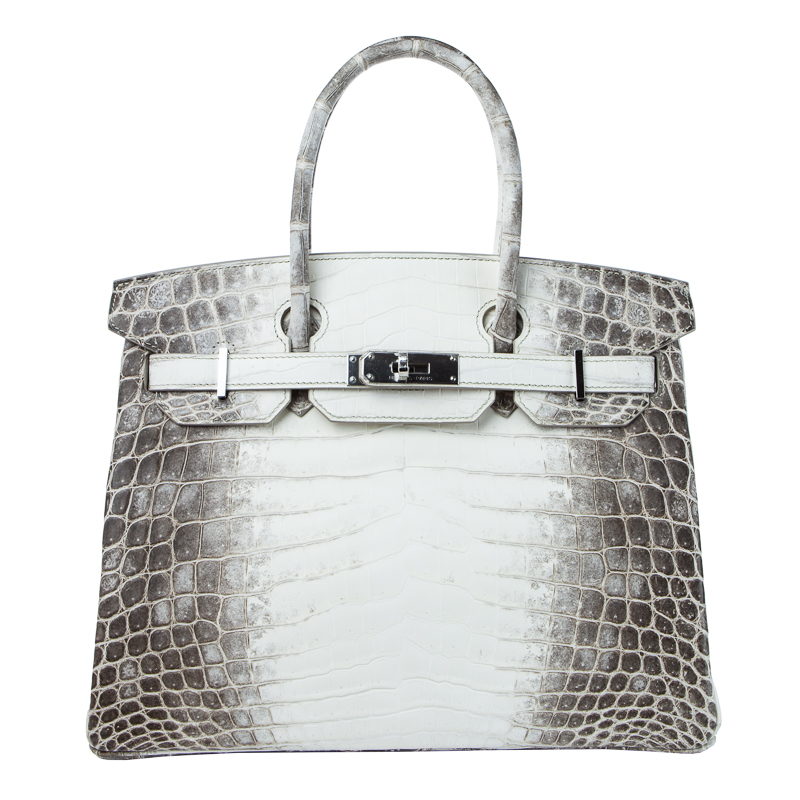Why Expensive French Luxury Handbags Trump U.S. Tech, According to This Analyst

The start of each month signals the release of the nonfarm payrolls report, a significant event in the financial world. Recent market behavior has showcased a curious phenomenon where "bad news" appears to be welcomed by investors. In this context, equity bulls are anticipating that the jobs data will indicate a cooling labor market, which could prompt the Federal Reserve to pause its interest rate hike campaign.
Unexpectedly rising unemployment rates seem to confirm this expectation, potentially causing bond yields to fall further. This, in turn, may provide additional support to the already highly-valued technology stocks. However, Dhaval Joshi, the Chief Strategist at BCA Research, offers a unique perspective that suggests shares of French luxury goods companies could outperform U.S. technology stocks.

Photo Source: cnn.com
The Dominance of French Luxuries:
According to Joshi, the pre-eminent growth sector in the stock market is not U.S. technology but rather French luxury goods. He attributes this superiority to several key factors:
1. Unique Pricing Dynamics: Luxury goods operate under a different set of rules. Unlike most products, when luxury items become more expensive, they often become even more desirable, driving their pricing power.
2. Exclusivity Over Ubiquity: Luxury brands prioritize exclusivity over mass production, in contrast to tech companies like Apple that aim to have everyone own their products. This focus on exclusivity helps maintain their cachet and pricing power.
3. Formidable Barriers to Entry: Building trusted quality, cachet, and exclusivity in a luxury brand takes decades or even centuries. This creates significant barriers to entry for competitors, protecting the profitability of leading luxury brands.
Comparing with Big Tech:
Joshi acknowledges that big tech companies have also established barriers to competition, such as the network effect seen with Amazon and Apple's ecosystem. However, he raises the question of whether creators of generative AI possess a similarly impregnable moat around their profitability as French luxury brands.

Source: marketwatch.com
Sustained Growth and Wealth:
Concerns about slower growth, particularly in China, where luxury markets have seen rapid expansion, are not as significant as they might seem. Joshi argues that the wealthy retain much of their purchasing power, and the pricing power of luxury brands depends on the super-wealthy's ability to absorb it, which they have been doing easily.
Future of Wealth and AI:
Joshi points out that the rise of generative AI may actually enhance super-wealth by reshaping the job market, benefiting those at the top. This further strengthens the argument for investing in French luxury brands.
Investment Opportunities:
For those who agree with Joshi's reasoning, he suggests three investment strategies:
1. Direct Exposure: Invest directly in diverse French-listed luxury groups, such as Hermès and LVMH.
2. Overweight French Luxuries: Increase your portfolio's exposure to French luxury stocks compared to U.S. tech stocks, particularly when market conditions favor this shift.
3. Overweight French Stock Market: Increase your exposure to the French stock market, represented by the CAC 40, compared to the euro area, as French luxury stocks play a significant role in this market.
Joshi concludes that the substantial weight of luxury brands in the CAC 40 provides a significant advantage to the French stock market over its euro area peers.
In summary, the allure of pricey French luxury items, with their unique pricing dynamics, exclusivity, and formidable barriers to entry, presents a compelling investment opportunity that could outshine the U.S. technology sector, particularly in the era of generative AI.